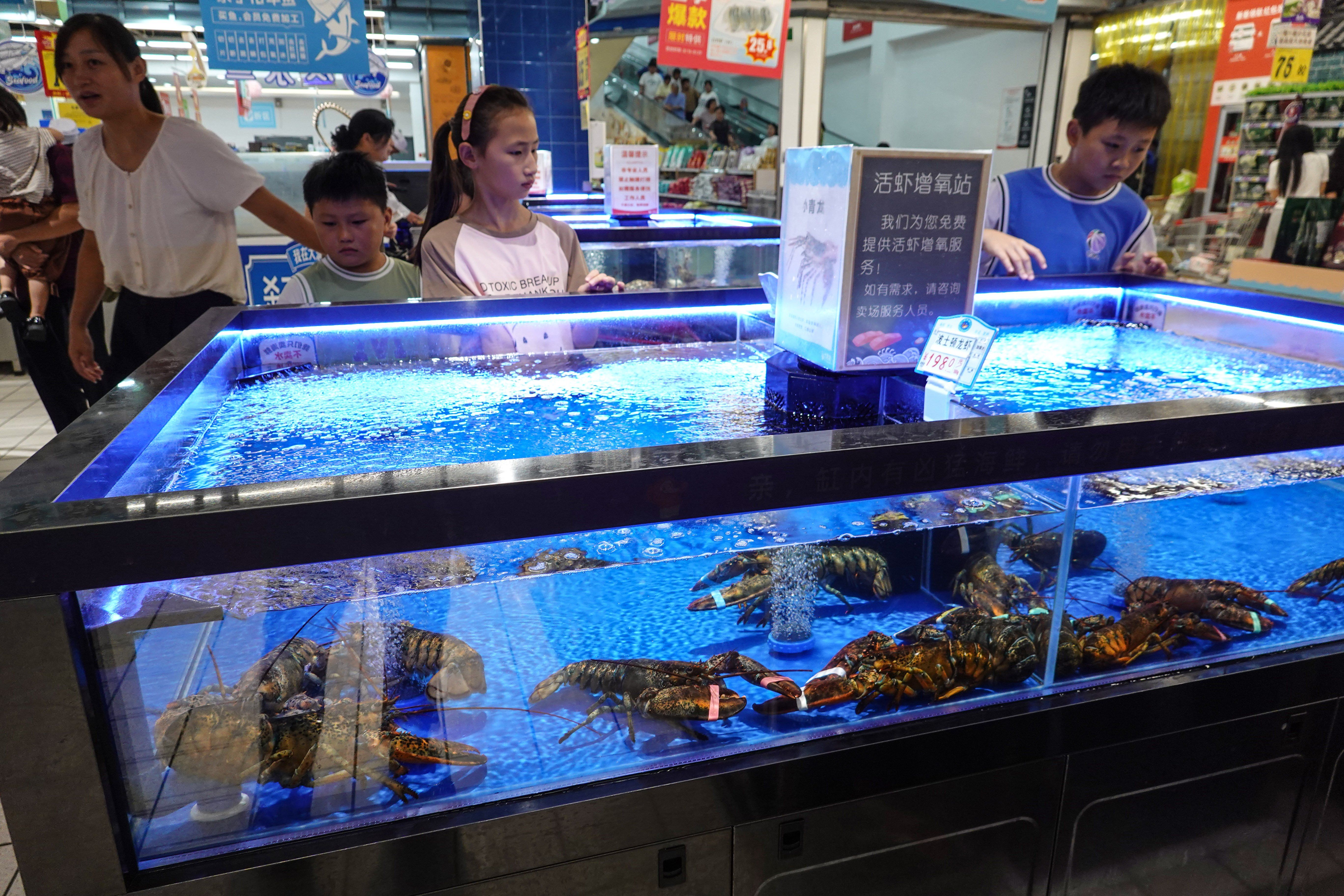1: China banned Japanese seafood imports on Thursday in response to Tokyo releasing radioactive water from the Fukushima nuclear plant into the Pacific. The water has accumulated since the facility was hit by a tsunami in 2011. Analysts say the move won’t have a big economic impact, because even though Beijing is Tokyo’s largest seafood market, seafood exports account for less than 1% of Japanese exports.
7: Bakers may want to stock up now. Starting in October, India will ban sugar exports for the first time in seven years. Lack of rain has slashed sugar cane yields, putting additional pressure on food prices as India deals with ballooning inflation. New Delhi also recently imposed restrictions on rice and onion exports to try and dampen food prices. This protectionist move is likely to have an impact on global food prices.
28: Sneaker giant Foot Locker is the latest company to see its share price plummet, dropping 28% on Wednesday after reporting dismal earnings. Foot Locker blames the trend on “consumer softness” as a result of inflation as well as … fast-footed shoplifters!
5,000: The world’s largest floating library has docked in Mombasa, Kenya, carrying 5,000 books spanning a wide range of genres. The ship, operated by a German non-profit, allows people to read the books on board or purchase them and take them home. To date, it’s had a whopping 49 million visitors come aboard worldwide.
More For You
In this Quick Take, Ian Bremmer breaks down the protests across Iran and how the Trump administration might respond.
Most Popular
Welcome to the Jungle
